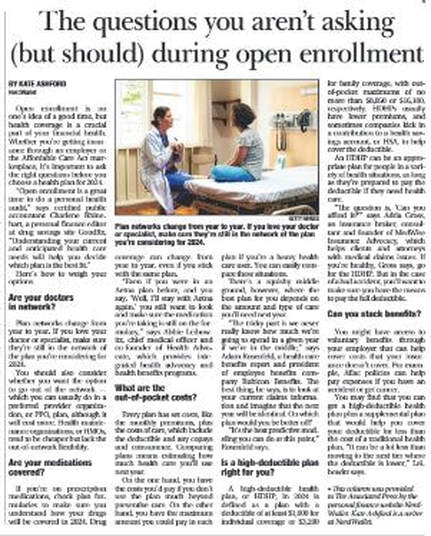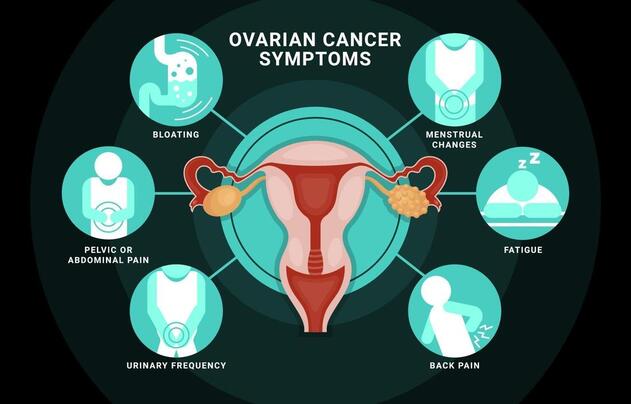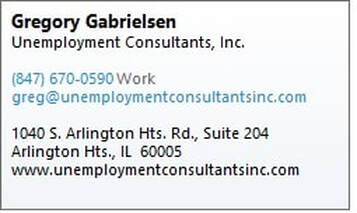1. Plan Options: Understand the different health insurance and benefit plans available to you. Consider factors like deductibles, premiums, coverage networks, and plan types (e.g., HMO, PPO, or HDHP).
2. Current Coverage: Review your current coverage to identify what worked well and what didn't in the past year. This can help you make more informed decisions for the upcoming year.
3. Life Changes: Take into account any significant life changes that may affect your coverage needs, such as getting married, having a child, or experiencing a change in your health.
4. Budget: Assess your budget and determine how much you can afford in terms of premiums and out-of-pocket costs. Ensure you choose a plan that aligns with your financial situation.
5. Network Providers: Verify that your preferred healthcare providers, doctors, and specialists are in-network for the plan you're considering. Going out of network can be expensive.
6. Prescription Coverage: If you take regular medications, check whether they are covered under the plan and at what cost. Look into formularies to see if there are generic alternatives.
7. Wellness Programs: Some employers offer wellness programs that can help you save money or improve your health. Look into these and see if they're a good fit for you.
8. Flexible Spending Accounts (FSAs) and Health Savings Accounts (HSAs)**: If available, consider contributing to these accounts for tax benefits. FSAs are used for eligible medical expenses, while HSAs are for those with high-deductible health plans and can be used for medical expenses or saved for the future.
9. Coverage for Dependents: If you have dependents, make sure to enroll them in the appropriate coverage. Assess their healthcare and dental needs.
10. Dental and Vision Coverage: Evaluate whether dental and vision plans are part of your benefits and decide if you need these types of coverage.
11. Disability and Life Insurance: Review any disability and life insurance options provided by your employer. These can be essential for protecting your income and family.
12. Retirement Contributions: If your employer offers a retirement savings plan like a 401(k), consider adjusting your contributions based on your long-term financial goals.
13. Legal Documents: Review and update your beneficiaries on all insurance policies, including life insurance and retirement accounts.
14. Preventive Care: Understand which preventive services are covered at no cost and make sure to take advantage of them for your health.
15. Deadline: Be aware of the open enrollment deadline. Missing it may mean you can't make changes to your benefits until the next open enrollment period, unless you have a qualifying life event.
16. Ask Questions: If you have any doubts or questions, don't hesitate to reach out to your HR department or insurance providers for clarification.
17. Compare Plans: Take the time to compare different plans, either on paper or using online tools provided by your employer, to make an informed decision.
18. Seek Professional Advice: If you have complex insurance needs or are uncertain about your choices, consider consulting with an insurance broker or financial advisor.
19. Record Keeping: Keep records of your selections and any communication related to your open enrollment choices. This can be helpful in case of disputes or issues down the line.
Open enrollment is a critical opportunity to ensure that your healthcare and benefits align with your needs and preferences, so it's essential to make informed decisions.
- November 1: Open Enrollment starts for health coverage for the next plan year — first day you can enroll in, re-enroll in, or change health plans through the Health Insurance Marketplace®. Coverage can start as soon as January 1.
- December 15: Last day to enroll in or change plans for coverage to start January 1.
- January 1: Coverage starts for those who enroll in or change plans by December 15 and pay their first premium.
- January 15: Open Enrollment ends — last day to enroll in or change health plans for the year. After this date, you can enroll in or change plans only if you qualify for a
Special Enrollment Period. - February 1: Coverage starts for those who enroll in or change plans December 16 through January 15 and pay their first premium.
Matching Ideas with Resources:
There are specialists that help business owners and their employees AND others who can help individuals.
Contact Tom Gosche at [email protected] or 630-675-8971 and he can get you to the right person to help you!







 RSS Feed
RSS Feed


